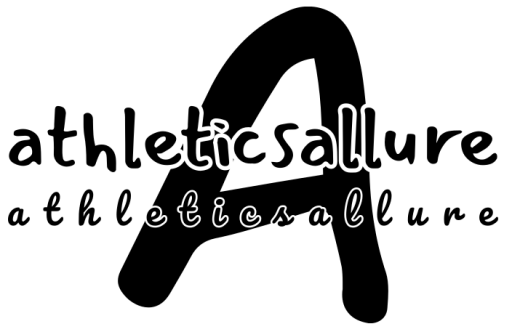I. Introduction
As athletes, the quest for peak performance goes beyond rigorous training; it delves into the realm of nutrition, a critical factor that can make or break your athletic endeavors. In this comprehensive guide, we’ll explore the intricacies of sports nutrition, providing insights into the fundamental principles and practical strategies to enhance your performance on and off the field.
II. Basics of Sports Nutrition
Understanding the core components of sports nutrition is paramount. Athletes require a well-balanced intake of macronutrients (carbohydrates, proteins, and fats) and micronutrients (vitamins and minerals). These nutrients form the foundation for optimal physical and mental function, contributing to endurance, strength, and recovery.
III. Pre-Workout Nutrition
Timing and Composition
The timing and composition of pre-workout meals play a crucial role in optimizing performance. Explore the ideal balance of carbohydrates and proteins to fuel your body adequately before hitting the gym or the track.
IV. Hydration Strategies
Water vs. Sports Drinks
Hydration is a cornerstone of sports nutrition. Delve into the debate of water versus sports drinks, considering factors such as electrolyte balance and intensity of physical activity.
V. Post-Workout Recovery
Nutrient Replenishment
Post-workout recovery is a golden opportunity to replenish nutrients. Uncover the importance of a well-rounded recovery meal and its role in muscle repair and glycogen restoration.
VI. Role of Protein
Building and Repairing Muscles
Protein, the building block of muscles, takes center stage in an athlete’s diet. Learn about the protein requirements for different sports and the significance of timing in maximizing its benefits.
VII. Carbohydrates for Energy
Types and Sources
Carbohydrates are the primary source of energy for athletes. Dive into the diverse world of carbohydrates, exploring the types and sources that contribute to sustained energy levels.
VIII. Healthy Fats in Sports Nutrition
Benefits and Sources
Contrary to myths, fats are essential for athletic performance. Discover the benefits of healthy fats and identify sources that promote cardiovascular health and overall well-being.

IX. Vitamins and Minerals
Essential Micronutrients
Explore the crucial role of vitamins and minerals in supporting various physiological processes. Understand the specific micronutrient needs of athletes to maintain optimal health.
X. Supplements for Athletes
Pros and Cons
Supplements can be a double-edged sword. Examine the pros and cons of commonly used supplements, emphasizing the importance of a balanced diet as the primary source of nutrients.
XI. Customizing Nutrition Plans
Individualized Approach
Recognize the uniqueness of each athlete’s nutritional needs. Uncover the importance of tailoring nutrition plans to individual goals, body types, and training regimens.
XII. Monitoring Performance
Importance of Tracking Progress
Monitoring performance is more than just keeping records. Learn how tracking progress helps in adjusting nutrition plans, preventing burnout, and optimizing overall athletic development.
XIII. Avoiding Common Pitfalls
Overtraining and Inadequate Nutrition
Explore the dangers of overtraining and the impact of inadequate nutrition on performance. Gain insights into recognizing warning signs and implementing preventive measures.
XIV. Balancing Diet and Endurance
Long-Term Sustainability
Achieving peak performance is not just about short-term gains. Delve into the concept of balancing diet and endurance for long-term sustainability in athletic pursuits.
XV. Conclusion
In conclusion, mastering sports nutrition is a dynamic journey that intertwines science and practice. By understanding the fundamentals, embracing individualization, and staying attuned to your body’s signals, you pave the way for consistent, high-level performance.
FAQs
- What role does hydration play in sports nutrition?
- Hydration is fundamental for optimal performance, influencing energy levels, temperature regulation, and nutrient transport.
- Are supplements necessary for all athletes?
- While supplements can fill specific nutrient gaps, they should complement a well-balanced diet rather than replace it entirely.
- How often should athletes adjust their nutrition plans?
- Nutrition plans should be periodically reviewed to align with evolving training goals, performance indicators, and overall health status.
- Can a lack of carbohydrates affect athletic performance?
- Yes, insufficient carbohydrate intake can lead to fatigue, decreased endurance, and compromised recovery.
- Is there an ideal post-workout recovery meal?
- An ideal post-workout recovery meal combines protein and carbohydrates to support muscle repair and replenish glycogen stores.
